Graduate Studies
Advance Your Engineering Career
Join a legacy of over 2,000 successful alumni who have leveraged our advanced degrees in Electrical Engineering, Computer Engineering, and Photonic Science into leadership positions across academia and industry. Whether you aim to pioneer research breakthroughs or drive technological innovation, our tailored programs provide the expertise, resources, and connections to accelerate your professional goals. Our comprehensive portfolio spans M.S., Ph.D., and specialized certificate programs, delivered across three strategic locations: our main campus in Clemson, the industry-connected Zucker Center in Charleston, and our flexible online platform.
Additionally, the department's strategic positioning in South Carolina's growing technology corridor offers unique advantages for both research collaboration and industry engagement.
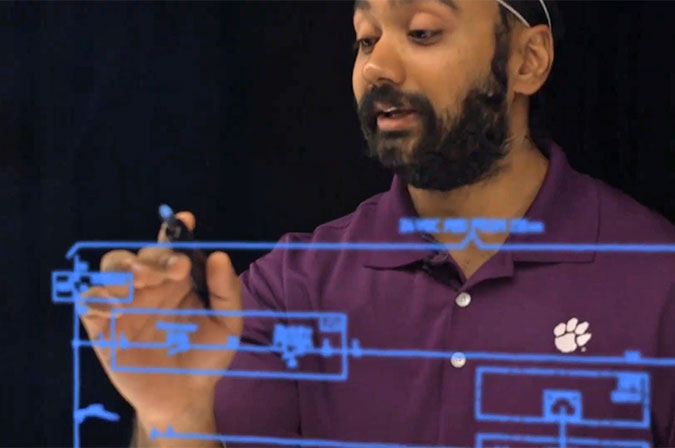
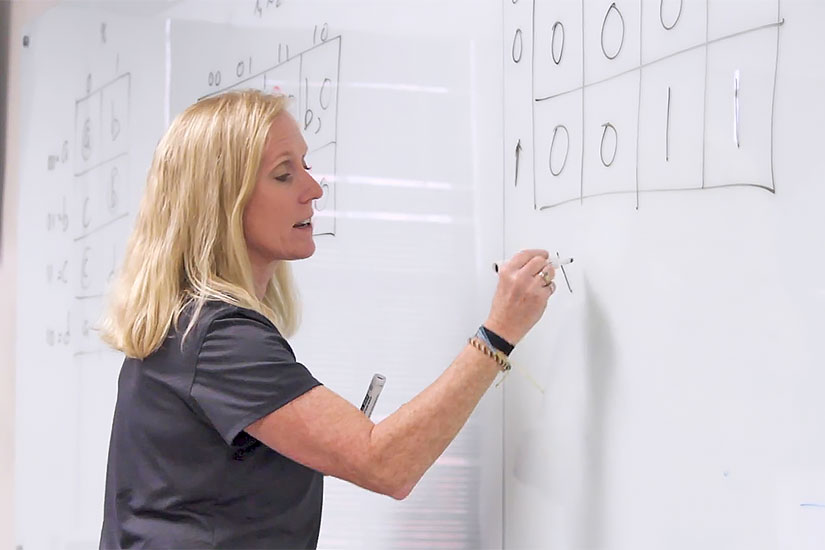
Master of Science
Students admitted to the Electrical Engineering or Computer Engineering programs work with their advisor to select a focus area - computing and communications, energy systems, intelligent systems, or photonics, electronics, and quantum systems.
M.S. ProgramDoctor of Philosophy
The Ph.D. in Electrical Engineering and the Ph.D. in Computer Engineering allow students to work with an advisor to select a plan of study tailored to their research interests that align with departmental research specializations.
Ph.D. Program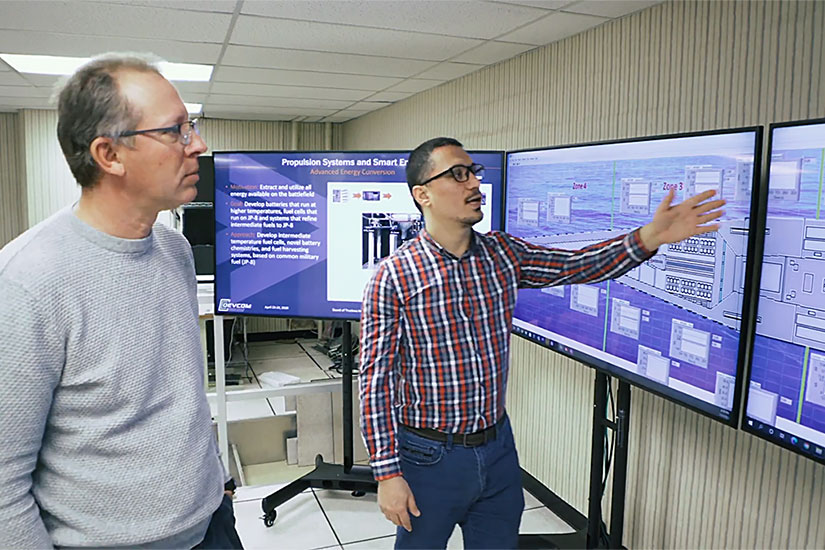
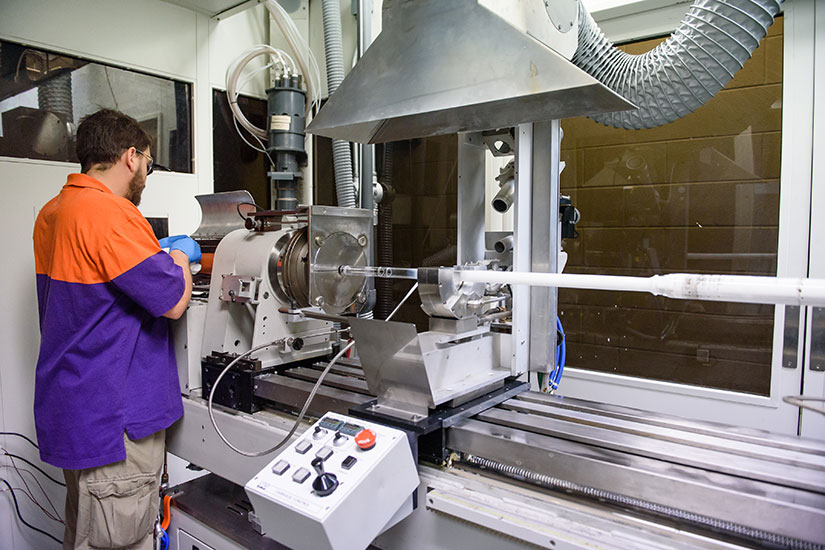
Photonics
Students admitted to the Photonic Science and Technology M.S. or Ph.D. program will engage in cutting-edge research in the fields of optical engineering, photonic science, and laser technologies. Direct entry to the Ph.D. program from a B.S. is available.
Photonics ProgramB.S./M.S. Combined Program
Our engineering undergraduate students may begin an M.S. degree program while completing their B.S. degree. This provides a head-start on graduate studies by allowing a limited number of graduate courses to satisfy requirements for both the B.S. and M.S. degrees.
B.S./M.S. Combined Program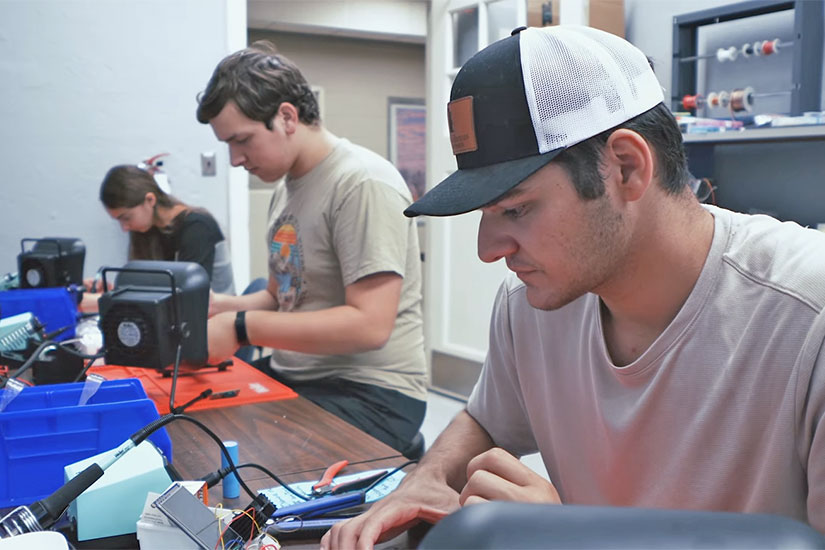
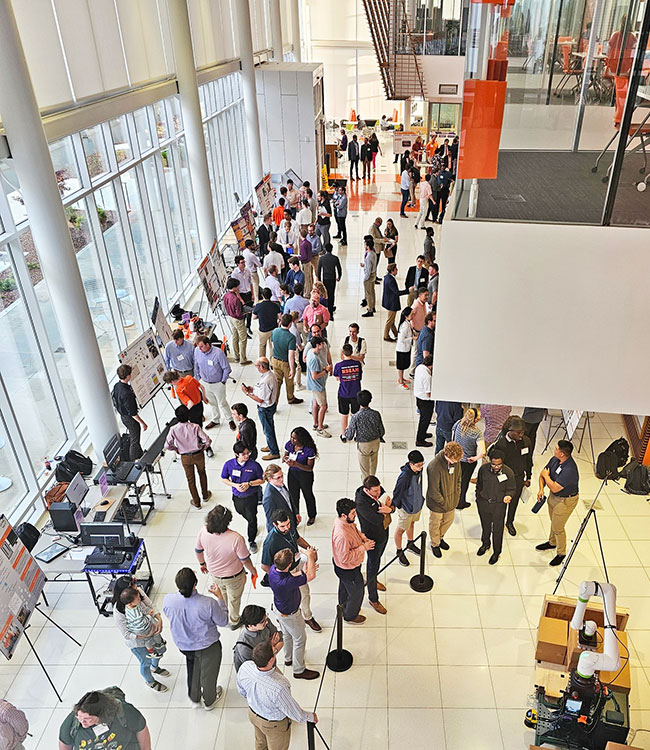
Graduate Acceptance
Will I get accepted here?
Clemson ECE seeks motivated students who demonstrate strong academic potential and passion for technological innovation. Our admissions process evaluates candidates holistically, considering both academic achievements and personal drive to succeed in engineering.
- Competitive but accessible admissions
- Comprehensive review process focusing on academic and personal achievements
- Strong preference for:
- STEM academic background
- Research experience
- Demonstrated problem-solving skills
How much will it cost to go here?
Understanding the investment in your education is crucial, and Clemson ECE strives to make our world-class engineering programs accessible through various financial support options. We work to ensure that qualified students can pursue their educational goals regardless of financial circumstances.
The prestigious GAANN Fellowship Program provides substantial support for qualified doctoral students demonstrating financial need. This competitive fellowship underscores our commitment to developing next-generation engineering leaders.
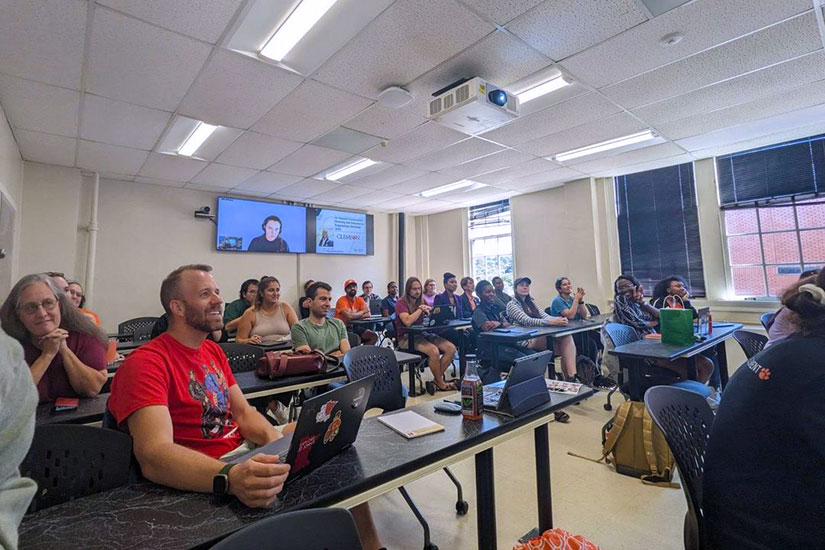
Engineering Education
Designed for future academics, this certificate provides deep insight into engineering education principles and teaching methodologies. Perfect for students planning careers in academia or those seeking to understand educational research and practice.
Education CertificateTechnology Entrepreneurship
Transform technical expertise into business success. This certificate equips students with entrepreneurial skills for launching startups, driving corporate innovation, or commercializing inventions. Ideal for engineers aspiring to bridge technology and business leadership.
Entrepreneurship Certificate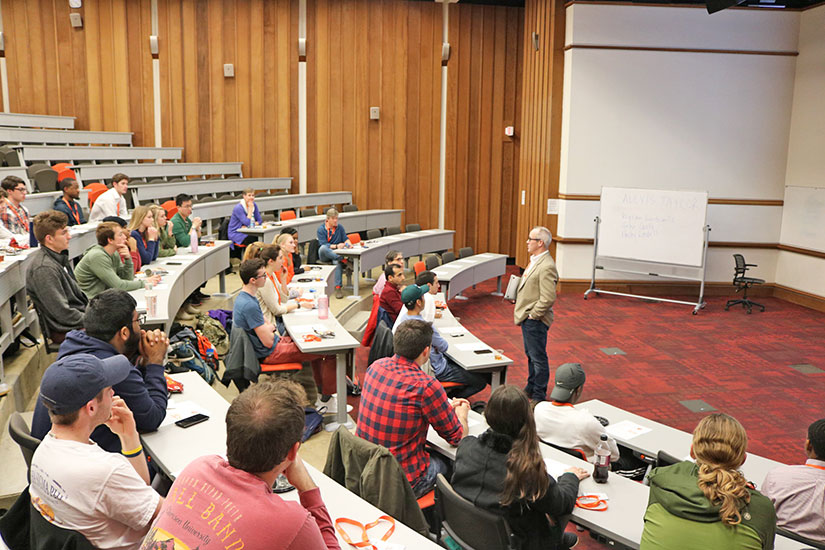
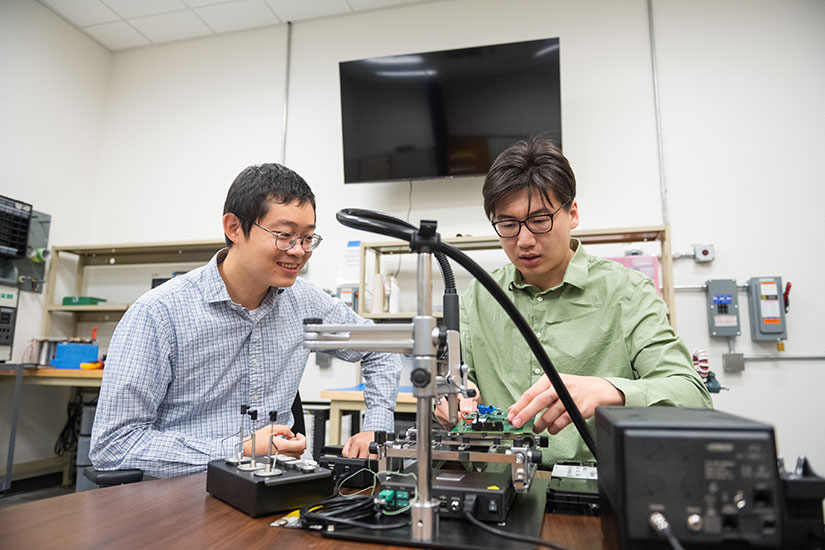
Accelerated Ph.D. Pathways
The Direct Entry Ph.D. program enables exceptional B.S. graduates to pursue doctoral studies immediately. This 42 credit hours of advanced coursework streamlined path includes original research culminating in a dissertation and direct mentorship from leading faculty.
Accelerated Program